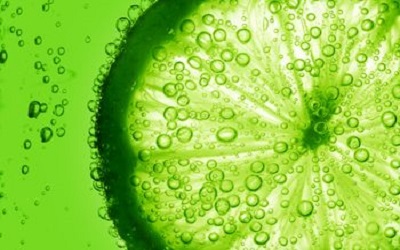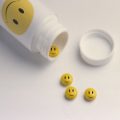PTE考生目前最大的问题之一就是练习题缺乏。除了有限的基本官方书(PLUS,Testbuilder, OG)之外就没有题了。很多英语基础不是很扎实的同学很难找到练习材料。悉尼文波雅思PTE培训学校专门为澳洲,尤其是悉尼、墨尔本的PTE考生准备了适合PTE听力阅读练习的科学60秒。各位PTE同学可以练习PTE听力中的summarise spoken text和PTE口语中的retell lecture,PTE听力口语-科学60秒-Frosty Moss练习记笔记技巧和复述。废话少说,下面开始:
60秒科学:Carbonation Has a Taste
Carbonation Has a Taste
In a study in the journal Science, researchers found that the taste buds for sensing sour also respond to carbonated beverages, because the fizz gets turned into chemical components, one of which is protons—basically simple, sour acid. Karen Hopkin reports
If you’ve ever craved an ice–cold soda, you know that sometimes you’re just looking for something that tastes…fizzy. If that sounds odd, scientists have discovered that carbonation actually has a flavor. And that our taste buds can sense CO2.
Bubbly soft drinks tickle our tongues with their effervescence. But researchers got to wondering whether we can taste the carbonation. To find out, they studied mice whose taste cells had been turned off, one flavor at a time. So, one mouse couldn’t taste sweet things, another couldn’t taste bitter, a third couldn’t taste salt, and so on. And they found that mice lacking the cells that sense the taste sour no longer respond to CO2.
Probing further, they discovered that eliminating a single gene renders these mice blind, if you will, to the taste of carbonation. That gene encodes an enzyme that breaks down CO2—and water…don’t forget the water—into bicarbonate and protons. And it’s the protons—which are essentially acid—that the sour–sensitive cells seem to sense. The work appears in the journal Science.
The scientists speculate that our CO2 sensor evolved to help us avoid food that’s spoiled. Yet we still like some of our drinks to include the delightfully acidic tingle of a touch of CO2.
—Karen Hopkin





